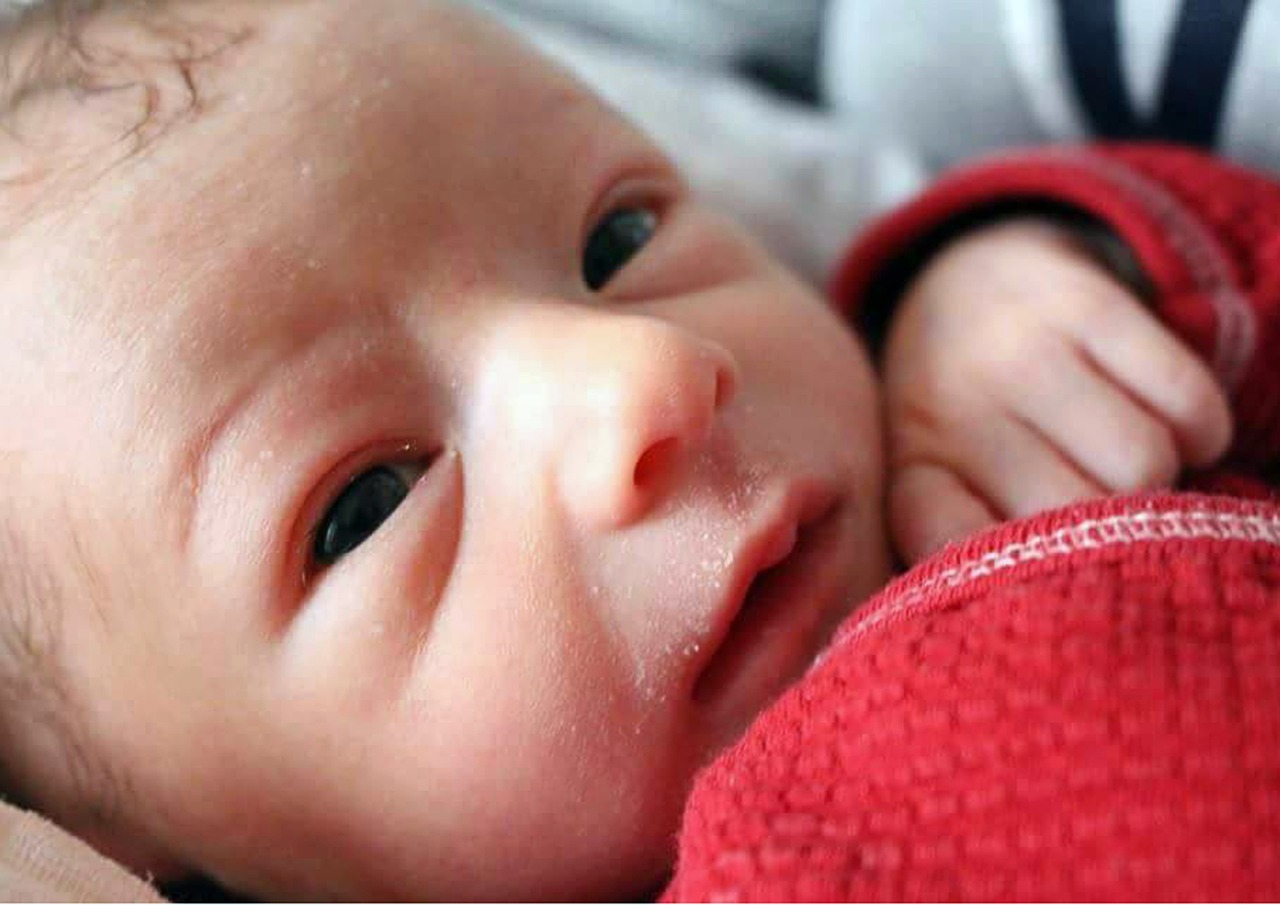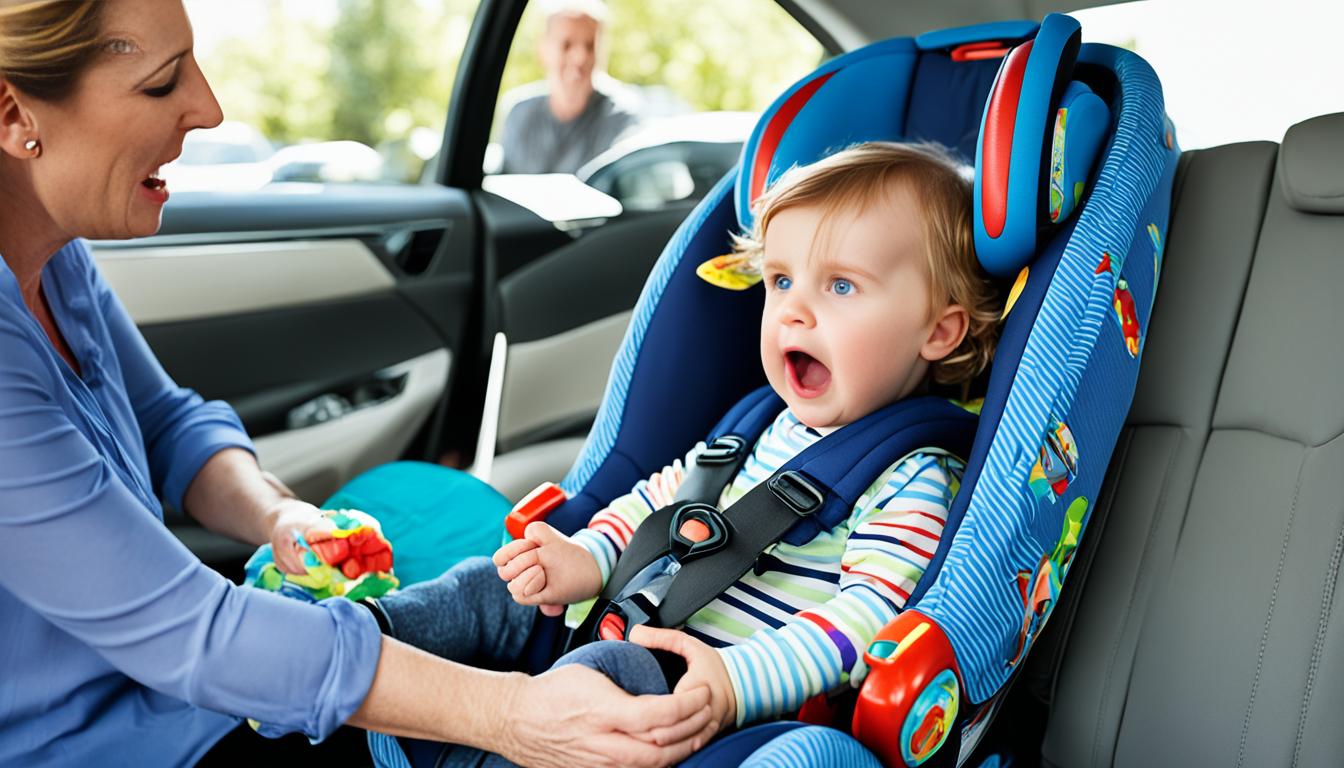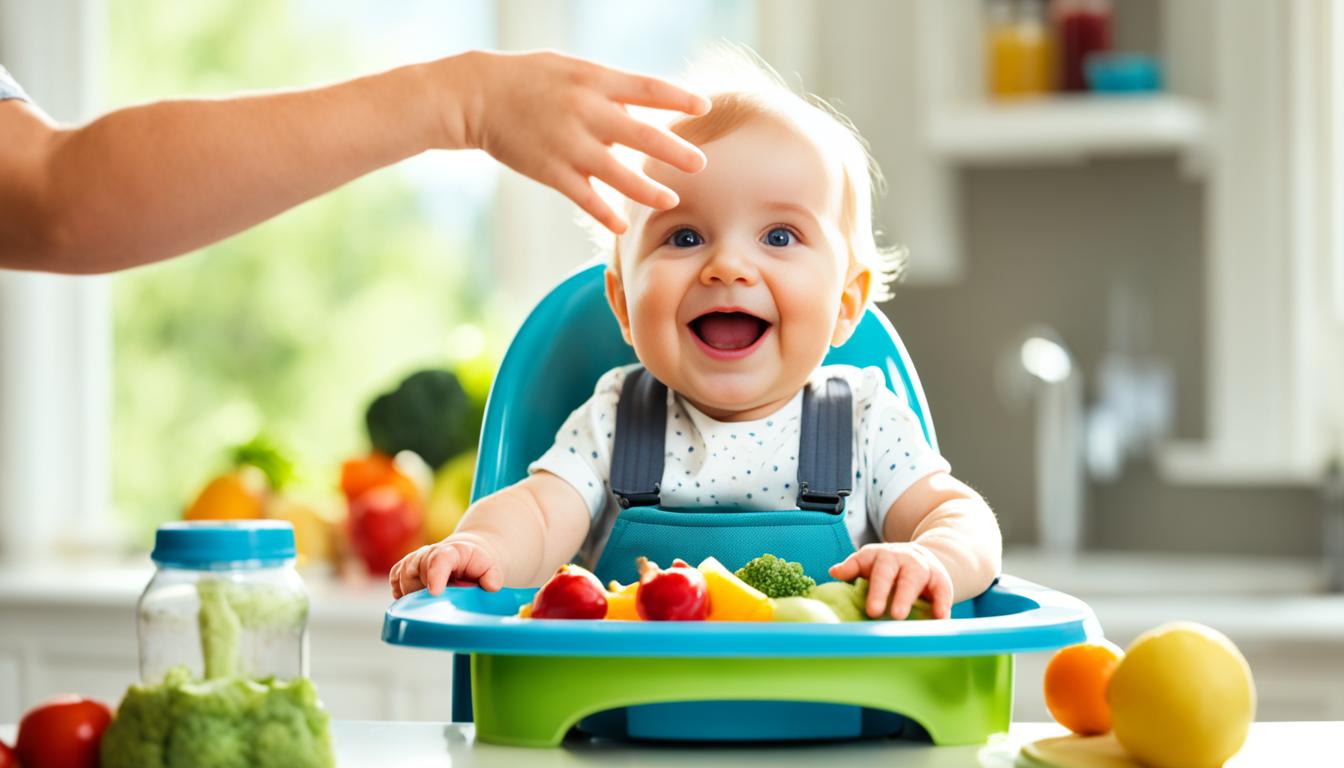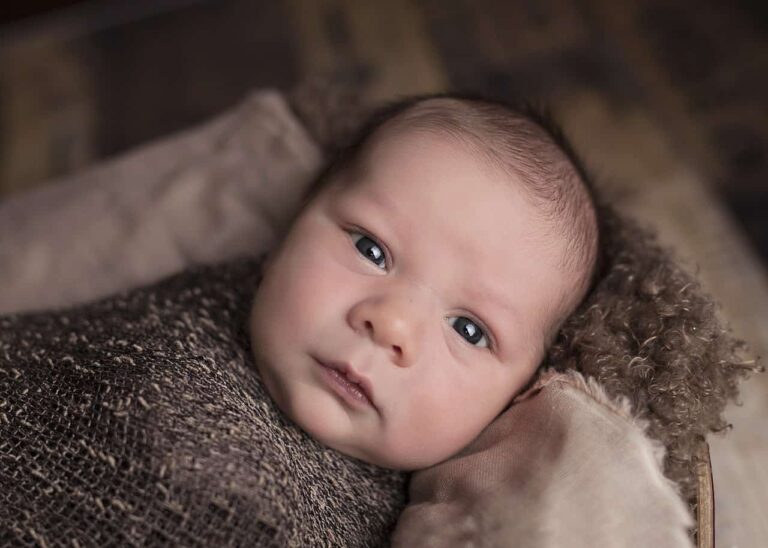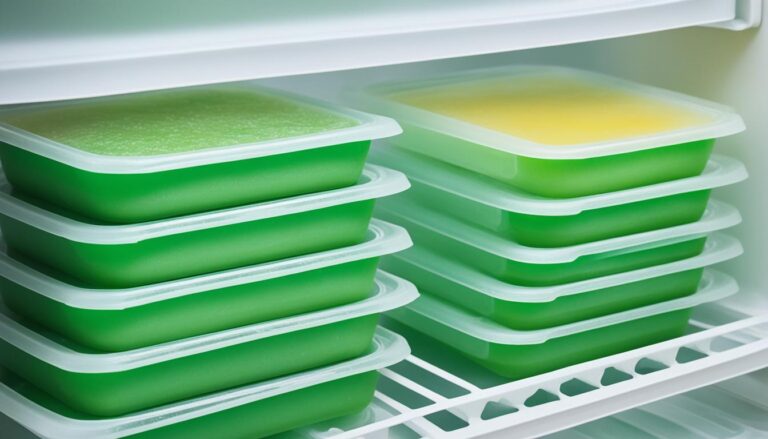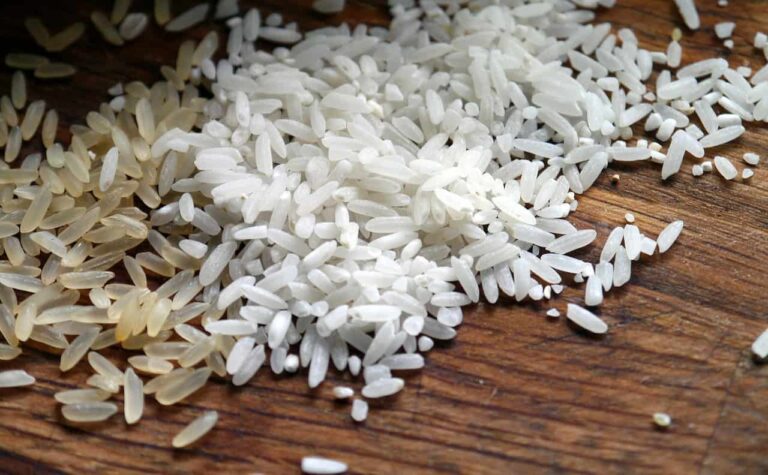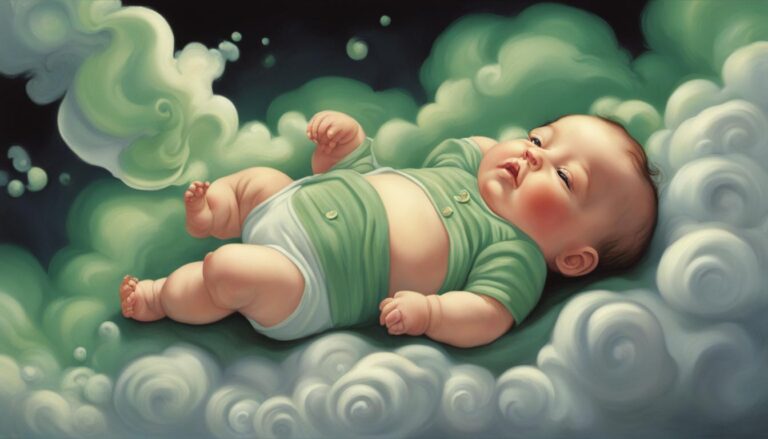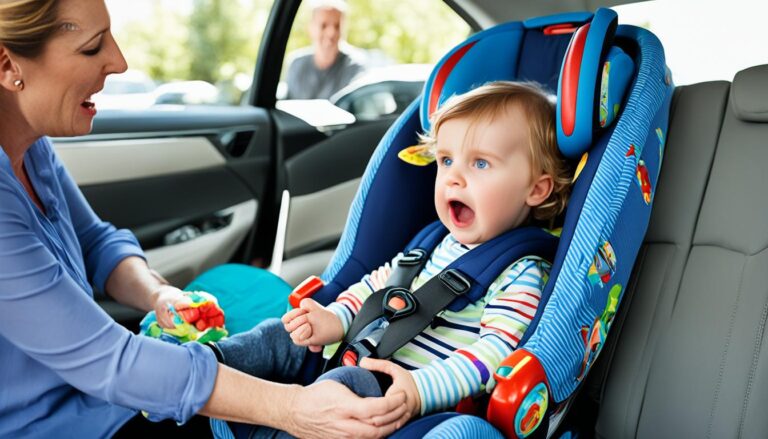Why is My Baby Licking and Smacking Their Lips?
Babies can find many captivating ways to communicate with adults. Since verbal communication is out of the picture, babies use their faces, hands, and voice to tell us if they’re hungry, sleepy, happy, or cranky.
As babies develop their senses and mobility, they start to figure out how facial muscles move. They also begin to understand their surroundings and take in details like how people talk and move their mouths. Pretty soon, you might see them imitate your mannerisms.
Licking and smacking are two activities babies can do with their mouths. Some parents might find it amusing, and others annoying. But is your baby’s lip licking and smacking normal, or is there something to be concerned about?
Is It Normal to See My Baby Licking and Smacking Their Lips
Good news: babies licking and smacking their lips is nothing to be worried about! Many babies lick and smack their lips to grab their parents’ attention or to soothe themselves. For most parts, licking and smacking aren’t linked to diseases or disorders.
With that said, you might be curious about why babies lick and smack their lips in the first place. Here are some of the common reasons why they do it:
Your Baby is Growing Their First Tooth
Your baby’s first tooth is a memorable milestone! But for your kid, it’s nothing but discomfort. Babies start growing their milk teeth at 6 to 12 months, but signs can begin as early as 4 months. During this time, your baby will exhibit many signs and symptoms, such as fussiness, loss of appetite, and drooling.
Your kid might lick or smack their lips for quick pain relief. The licking and smacking usually disappear once your kid’s teeth have passed the gum line. But while they’re still gritting through the teething process, offer them a gum massage or a teething toy.
Your Baby is Feeling Hungry
Babies use hunger cues to call their parents’ attention during feeding time. Some babies might put their hands in their mouth or clench their hands. For other infants, licking, smacking, and puckering their lips are signs that they want to be fed. Lip licking and smacking usually stop after breast or bottle feeding.
Babies can’t really verbalize when they need to eat, so pay attention to changes in your baby’s mood and actions. While most parents associate crying with hunger, your baby doesn’t have to be in tears to signal that they need food. Crying only happens when your baby is desperate to be fed. So watch out for those subtle signs from your kid.
Your Baby is Craving Solid Food
Do you ever subconsciously lick or smack your lips whenever you see a delicious meal? Your baby might be feeling the same way.
Kids 6 months and above can start eating solid food. Your baby playing with their lips is just one of the many signals that your kid is ready to chow down at the table. If your baby can sit on their own without support, grab food with their fingers, and chew without problem, you can start transitioning them to a more solid diet.
Your Baby Finds Lip Licking and Smacking Fascinating
Kids are naturally curious beings. They will always find something interesting about their surroundings and the people inhabiting them. Sometimes, they turn to themselves for amusement.
Your baby might start licking or smacking their lips because it’s joyful. Lip licking and smacking can also be your kid finding ways to amuse themselves while they’re bored.
Your Baby Wants to Sleep
Lip licking and smacking can put your baby into a drowsy mood. There’s something about playing with their lips that makes babies want to sleep. They might also suck their thumbs, rub their eyes, or pull their ears before going to bed.
Your baby might also lick or smack their lips while in a deep sleep. Your baby might feel hungry while they sleep, or they’re dreaming about having their next meal!
Your Baby Has an Underlying Health Condition
In rare cases, lip licking and smacking may be related to an undetected health condition.
Babies with Gastroesophageal reflux disease GERD might lick or smack their lips. Licking and smacking can be soothing since kids with GERD have difficulties keeping food down.
Another condition your kid might have is autism. Lip licking or smacking can be their way of stimming. Autism comes with other symptoms, so it’s best to discuss this with your pediatrician.
Finally, your baby might be experiencing seizures. Besides smacking or licking their lips, they might have a zoned-out expression. Seizures require immediate medical attention.
FAQ:
Do babies outgrow lip licking and smacking?
Babies can outgrow these habits either on their own or through parental supervision. You might notice a slow down in lip licking and smacking once your baby grows their primary teeth or has started eating solid food.
How do I make my baby stop lip licking and smacking?
If lip licking and smacking are causing disturbance for you or other people, talk and communicate with your baby to stop. Use both verbal and non-verbal cues to demonstrate how you want your baby to not lick and smack their lips.
Can lip licking and smacking become permanent habits?
Most babies outgrow these practices. However, some kids might turn to lick and smacking into a habit. This is usually a form of self-soothing and stimulation.
Conclusion
Babies do a range of habits that can be funny, weird, or a little irritating. Lip licking and smacking are those activities that come and go.
Licking and smacking can mean many things. Your baby might be growing their primary teeth, or maybe they want to have dinner. Sometimes, lip licking and smacking are signs of an underlying condition like autism or GERD. But most of the time, it might just be your baby wanting to have fun.
Lip licking or smacking can either be super cute or annoying. But for most parts, your baby outgrows them the minute they get bored doing it. Now, all that’s left to do is wonder what’s the next odd habit they will start doing.

